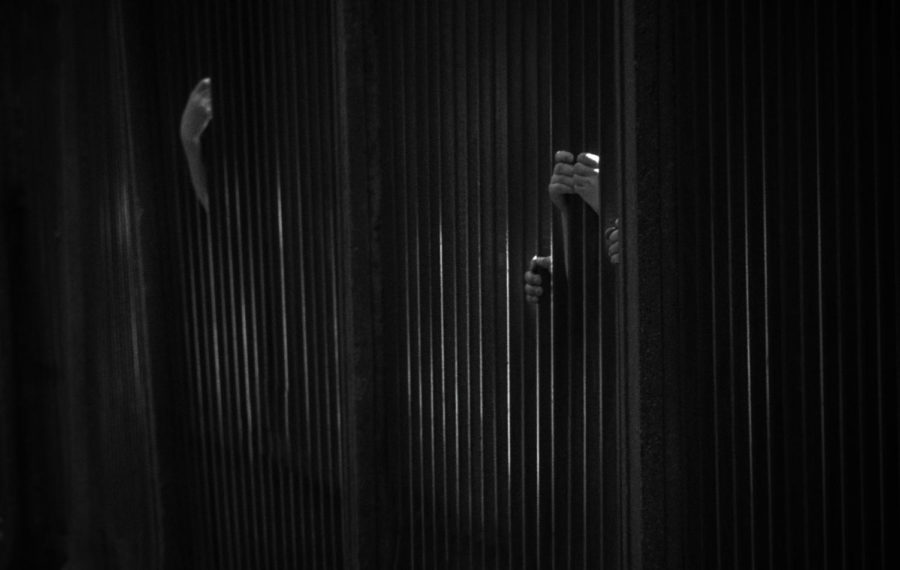Vieira: Love addicts
October 27, 2020
Love can be weaponized. Humans are bound to become addicted to it. It is also important to note the difference between the experience of love and the science of love; down to its core, love is the result of dopamine release, which activates the brain’s reward pathway system.
After conducting some clinical trials, researchers in Australia learned that “the same regions that light up when we’re feeling attraction light up when drug addicts take cocaine and when we binge-eat sweets. For example, cocaine maintains dopamine signaling for much longer than usual, leading to a temporary ‘high.’ In a way, attraction is much like an addiction to another human being.”
We also encounter many other similarities between love and addiction with behaviors like obsessive thoughts or fixed devotions. Attachment theory explains that once we spend enough time with a person and begin to experience a deeper, more complex emotional connection, we start to become dependent on that particular individual, making him/her essential for our well-being.
It is a logical theorem that with good comes evil. It is also known by most that with love also comes pain — even hate at times. As explained in the paragraphs above, in essence, love is a series of chemical reactions that fire up responses throughout our bodies. Although a majority of this chain of circumstances happens within our subconscious, it is not difficult to see how this can seem like the perfect recipe for a disaster, a ticking time bomb. So, now that we have discovered that we have a whole lot in common with Yellowstone, it is inevitable to ask ourselves: “What is going to trigger me? When?”
We become devoted to love, so much so that the mere thought of losing our sources of love can lead to a neurotic breakdown. The looming preoccupation of this incoming moral crumble acts like a shoulder devil, inducing us to be hyper-vigilant.
We begin to spend too much time reading in between the lines and fantasizing about impossible scenarios that might never happen, at least as far as we’re concerned. We make something out of nothing, routinely hurting ourselves with questions that do nothing but inflate our insecurities even more. This is spiritual suicide.
Then where does the silver lining lay? We begin to cross the line in romantic relationships when love starts to become a means of possession; there are two ways in which one can exert possession over another: physically and mentally.
An easy way to illustrate the concept of physical possession is to think of a prison, in which the detainee is physically bound to the place and is not able to leave because of physical obstacles. On the other hand, mental possession takes “ownership” to a whole other level, far more capable of damage, in my opinion.
To own someone mentally is to put them in a psychological prison, with love being the crime we are guilty of. The walls are meticulously constructed by skilled, manipulative hands, in collaboration with our naive and gullible conscious. Here, it is impossible to bribe a guard because we, ourselves, are the guards.
This very concept leads right into other societal matters, like domestic abuse, toxic relationships and kinships, in which we feel tied down to certain humans because we think we owe them something — we think there is still some good, deep down, despite all the hatred.
How can people escape such prisons? Instead of digging a tunnel with a spoon in secrecy, we must burn bridges in full daylight and not care how we come across.

















